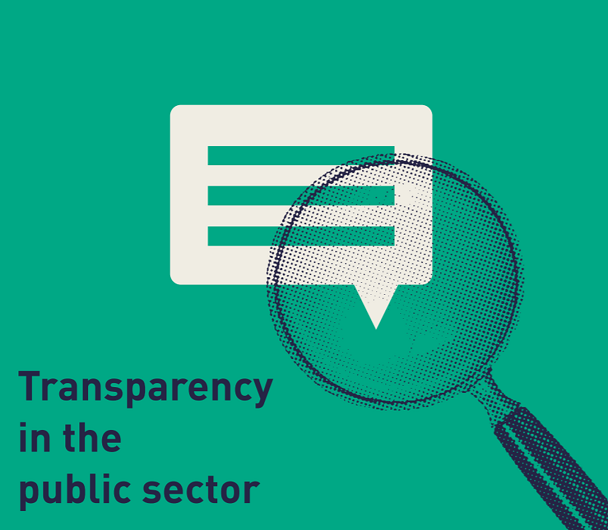Trust
Following our review into bias in algorithmic decision-making, the CDEI has been exploring challenges around access to demographic data for detecting and mitigating bias in AI systems, and considering potential solutions to address these challenges. Today we are publishing our …
Building and using AI systems fairly can be challenging, but is hugely important if the potential benefits from better use of AI are to be achieved. Recognising this, the government's recent white paper “A pro-innovation approach to AI regulation” proposes …
Today, we are pleased to announce the launch of DSIT’s Portfolio of AI Assurance Techniques. The portfolio features a range of case studies illustrating various AI assurance techniques being used in the real-world to support the development of trustworthy AI. …
I have long believed in the power of data to make a meaningful difference to people's lives. Working in the field for over 30 years, I have seen the ways in which data can be used as a powerful force …
This is the third in a series of three blogs on AI assurance, which explore the key concepts and practical challenges for developing an AI assurance ecosystem. The first blog focused on current confusion around AI assurance tools and the …
This is the second in a series of three blogs on AI assurance, which explore the key concepts and practical challenges for developing an AI assurance ecosystem. The first blog focused on the need for AI assurance and the CDEI’s …
Data-driven technologies, such as artificial intelligence (AI), have the potential to bring about significant benefits for our economy and society. However, they also introduce risks that need to be managed. As these technologies are more widely adopted, there is an …
Since March 2020, the CDEI has been monitoring the use of AI and data-driven technology in the UK’s COVID-19 response through two distinct lenses. Firstly, through our COVID-19 repository, which is a database for novel use-cases of artificial intelligence and …
The CDEI has been researching the role of privacy enhancing technologies (PETs) in enabling safe, private and trustworthy use of data. Privacy is a fundamental right. Organisations have an obligation to protect privacy, and must consider important legal, ethical, and …
The CDEI believes that the government should introduce a mandatory transparency obligation on all public sector organisations using algorithms that have a significant influence on significant decisions affecting individuals. Our report published last week suggests definitions for these terms. But whilst a transparent approach is vital to building a trustworthy environment, we should not assume that greater transparency from public sector organisations will inevitably lead to greater trust in the public sector.










Recent Comments